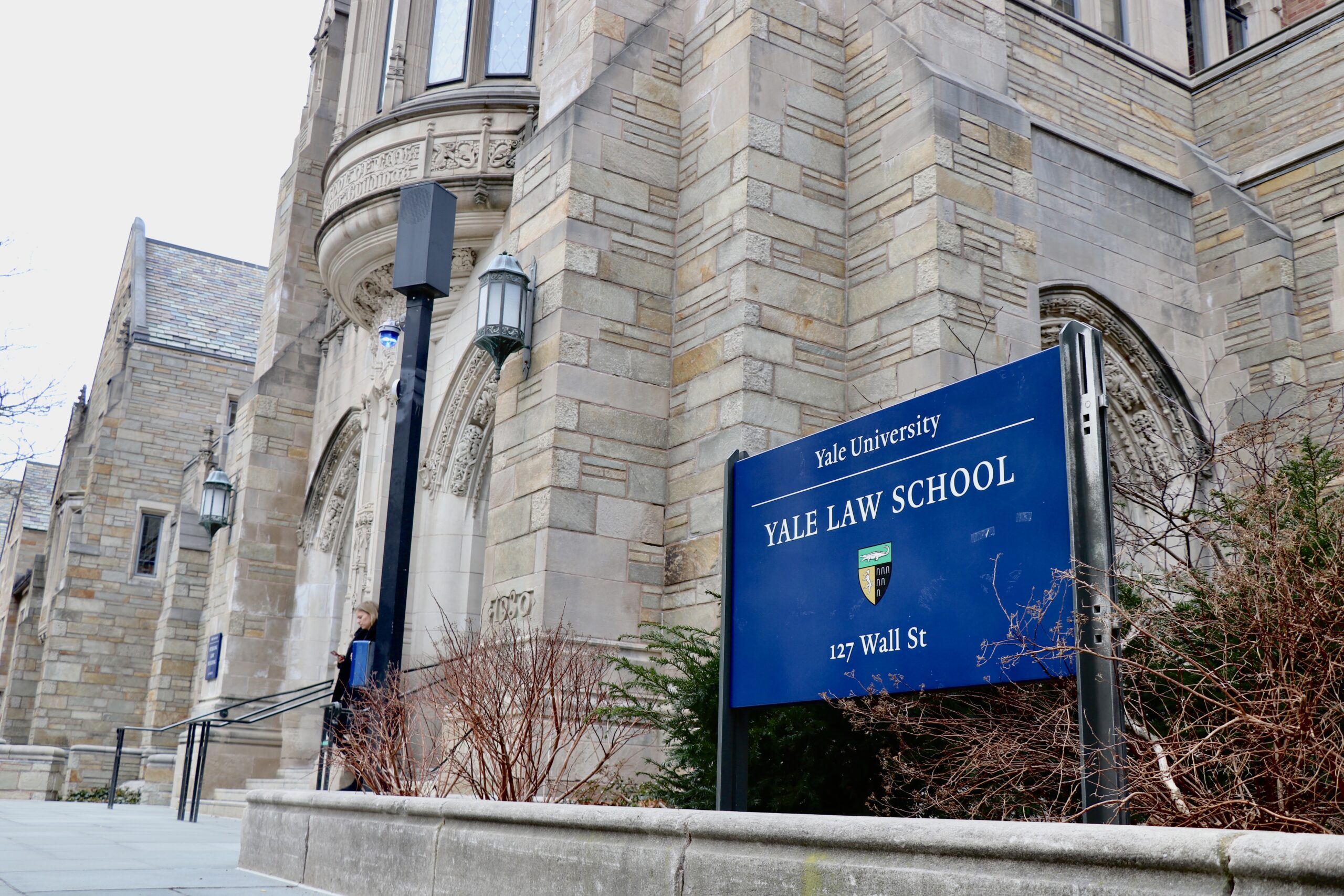Unlikely state bill proposes taxing Yale endowment
State legislators introduced a long-shot bill that would let New Haven tax the University’s endowment funds, raising questions about its legal feasibility and town-gown obligations.

Christina Lee, Head Photography Editor
A new state bill could empower New Haven to levy taxes on Yale’s endowment.
Eight representatives across the state — one of whom is Rep. Toni Walker from New Haven — recently proposed Bill No. 5617 in the Connecticut General Assembly. A state policy analyst noted that the bill is unlikely to pass or affect Yale’s tax-exempt status.
The legislators have yet to explain how the tax would be implemented, and the potential effect on the University’s $41.4 billion endowment is unclear.
The proposed tax would make finances “much more predictable” for the city, New Haven Mayor Justin Elicker told the News. He described the University’s presence in New Haven as both “an incredible benefit and a significant challenge.”
Though many businesses thrive because of Yale’s presence, he said, property taxes are a large pool of revenue for the city, and the University and Yale-New Haven Hospital constitute about half — 56 percent — of the non-taxable properties in New Haven.
“That makes it very hard for residents around the city who own properties to have affordable taxes, and it also means that New Haven has a higher mill rate than some of our suburban counterparts,” Elicker said, referring to the property tax rate.
Yale pays taxes on its commercial properties and since 1990, has given the city an annual voluntary contribution. In 2021, Yale and New Haven reached a historic agreement to increase the University’s contribution by $52 million over six years, totaling $135.4 million. The agreement will end in 2026.
Elicker has recently called on the University to increase its voluntary contribution to the city.
Since 1899, proposals have been routinely initiated to tax Yale buildings, all of which have failed. A bill last year proposed taxing universities’ new property acquisitions after Oct. 1, 2024. Another bill, introduced in 2023, aimed to redirect profits from endowment funds to help Connecticut employees seek paid leave from work.
Yale officials previously denounced a 2016 proposal that would tax certain academic buildings as “unconstitutional.” Taxing the University “won’t create jobs” and “misses the point,” Rich Jacob, associate vice president for federal and state relations, said to YaleNews at the time.
When asked for comment, a University spokeswoman directed the News to Yale’s 2021 six-year commitment to promoting New Haven’s economic growth.
In 2017, President Donald Trump enacted the Tax Cuts and Jobs Act, which levies a 1.4 percent tax on investment income for universities with endowments worth $500,000 per student or more, in the first successful effort to tax university endowments. Along with other Ivy League schools, the University has previously lobbied in Congress to repeal the act.
Due to the statewide Payment in Lieu of Taxes program, New Haven also receives from the state a percentage of lost revenue on tax-exempt properties. The city has now received over $91 million from this initiative annually, which Elicker called “crucial to the budget.”
On the federal level, Trump and Vice President J.D. Vance LAW ’13 have recently proposed steep taxes on university endowments.
Kevin McCarthy, a retired policy analyst in New Haven, believes that the bill in itself will not affect the University’s “constitutional exemption.” He referred to how Yale’s designation as a tax-exempt nonprofit organization has been ingrained in the Connecticut constitution since 1843 and in federal law.
“Whether [the bill] covers endowments would keep the lawyers busy for years,” he wrote to the News, calling the proposal “not serious.”
Bills proposing endowment taxes also face political pushback from universities across Connecticut and the nation. Though no bills since the 2017 act have succeeded, Elicker believes they help continue the conversation of what the university owes to their municipalities.
At the least, No. 5617’s proposal provides “an opportunity for [New Haven] to highlight the financial challenges [the] city has,” Elicker said.
This year’s legislative session convened Jan. 8 and will adjourn June 4.
Interested in getting more news about New Haven? Join our newsletter!







